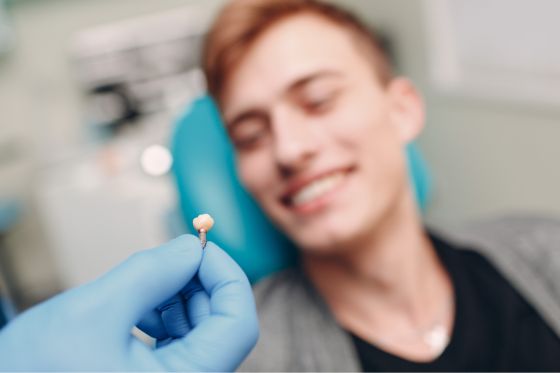5 Expert Tips To Ensure Your Dental Implants Last
5 Expert Tips To Ensure Your Dental Implants Last Are you considering dental implants but wondering if they’re a worthy investment? You’re not alone. Many people share the same concern about the longevity of dental implants. But rest assured, you’ve come to the right place. At The Barn Dental Clinic, we understand your worries and … Read more


